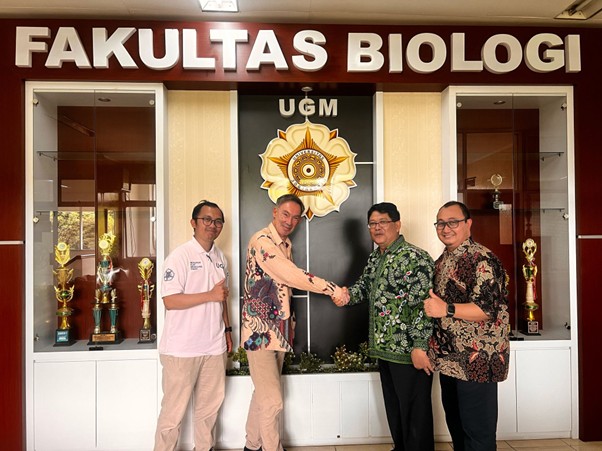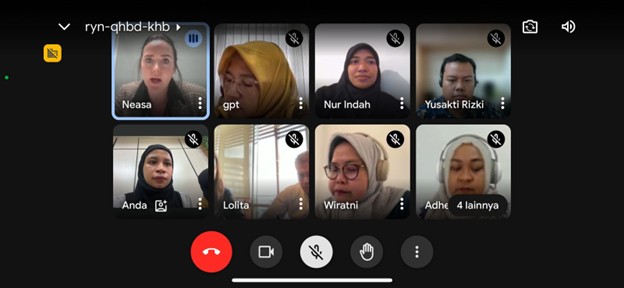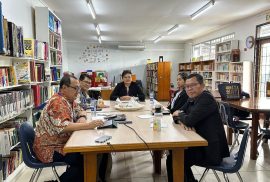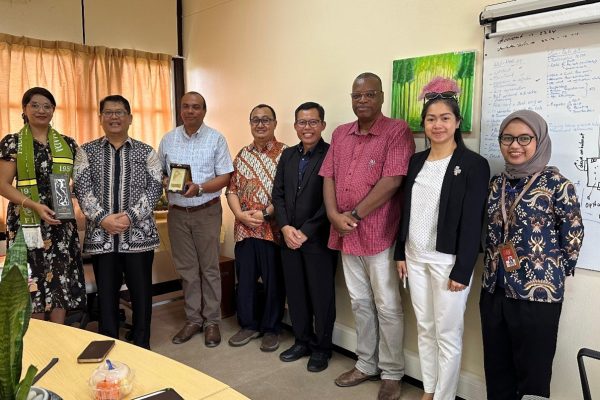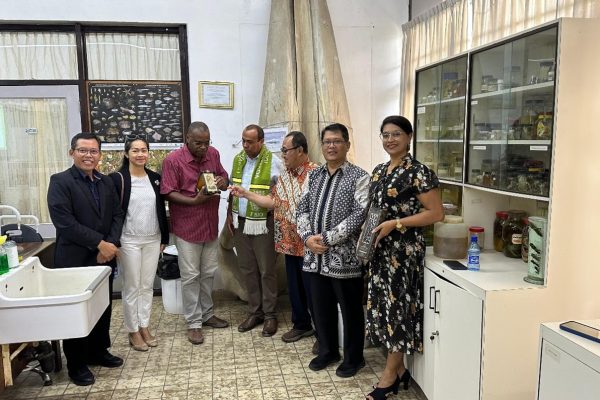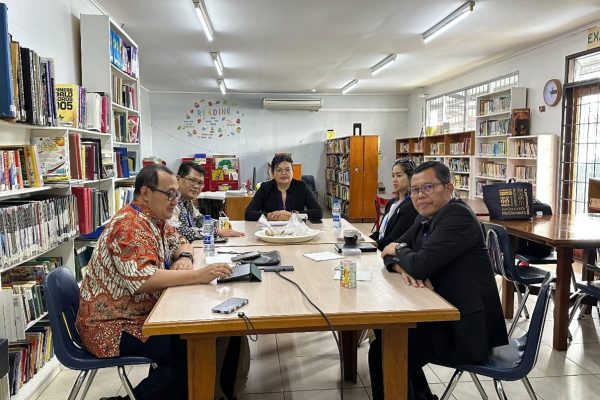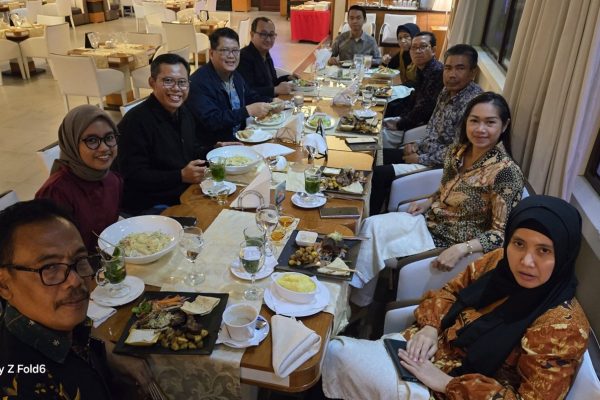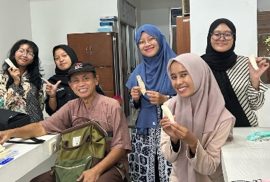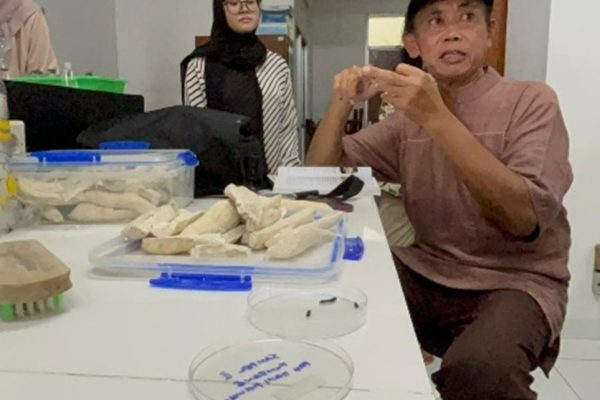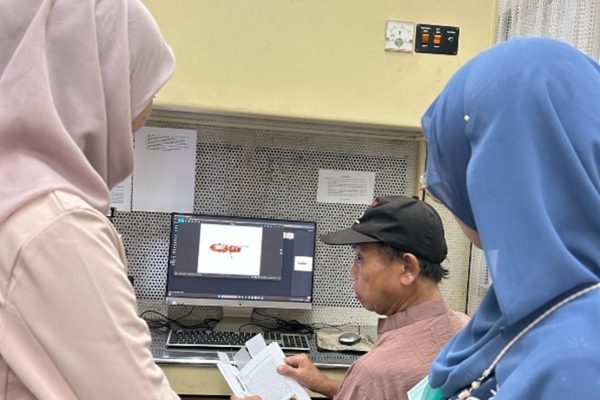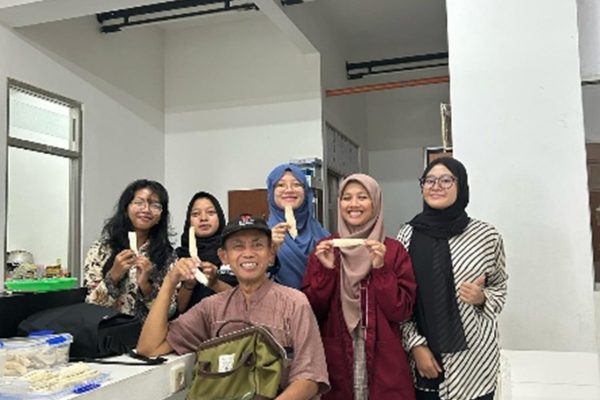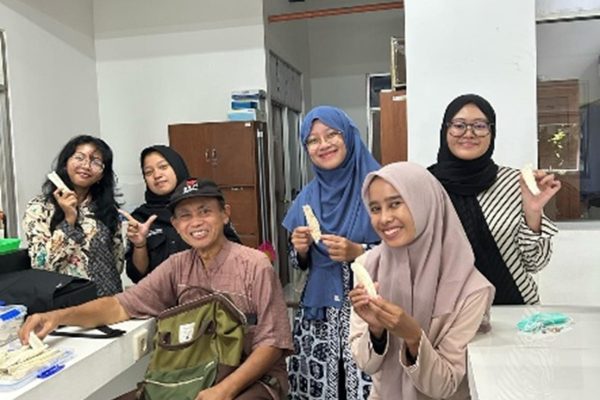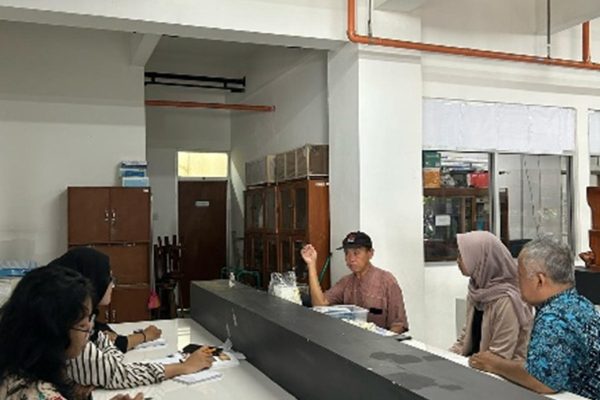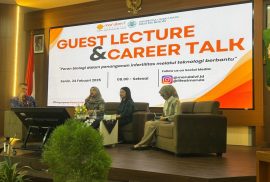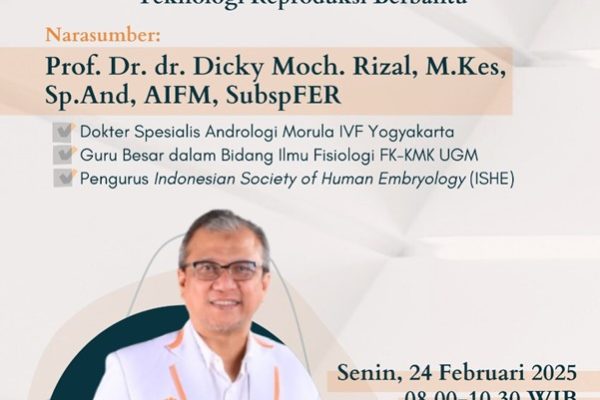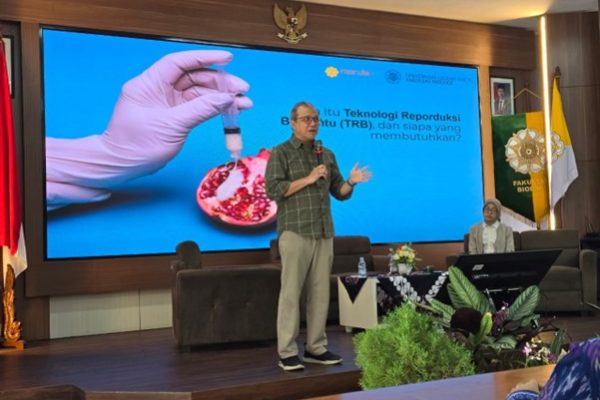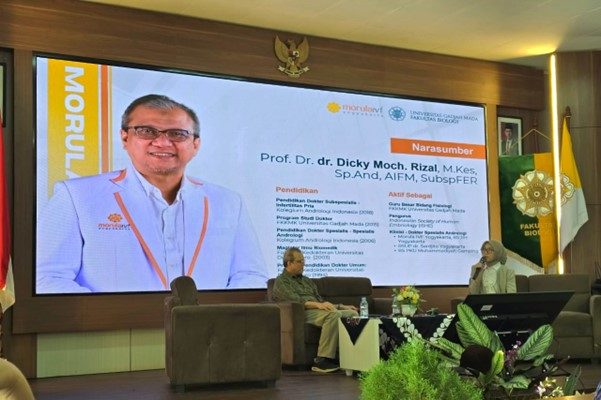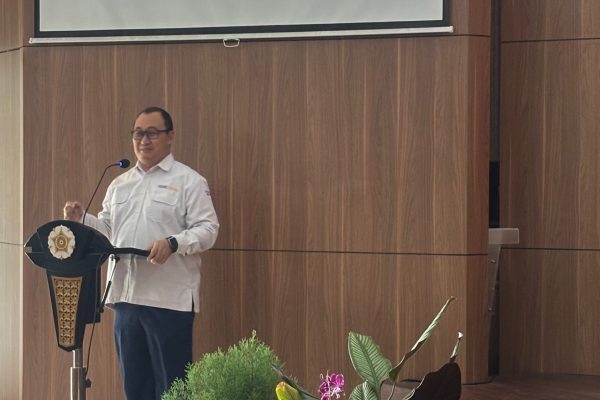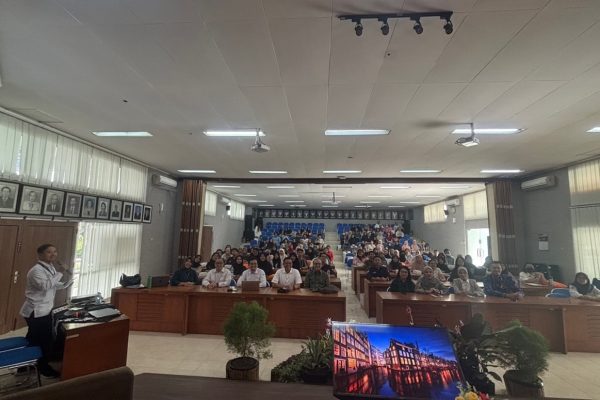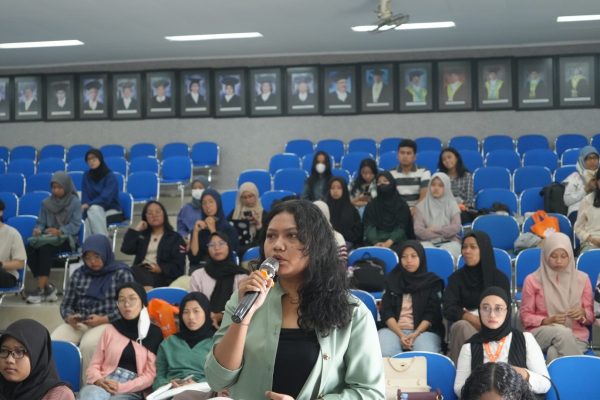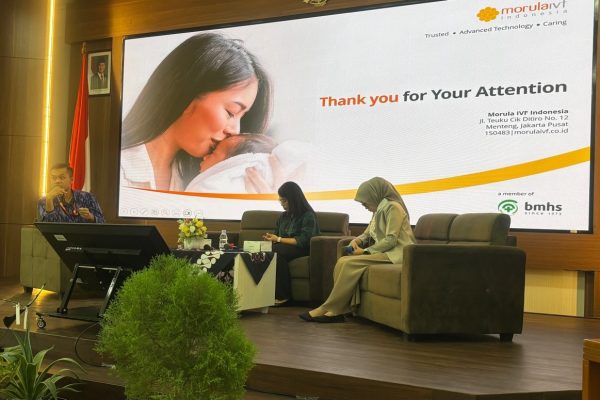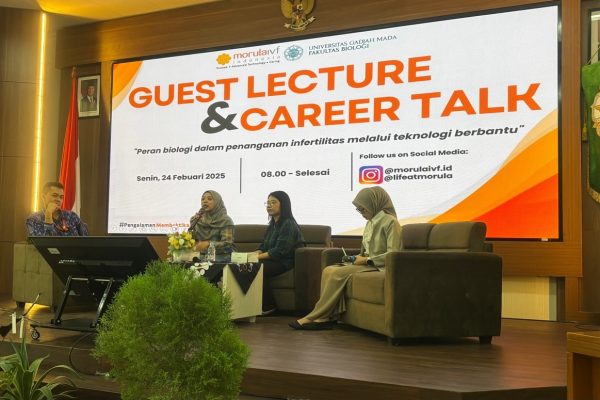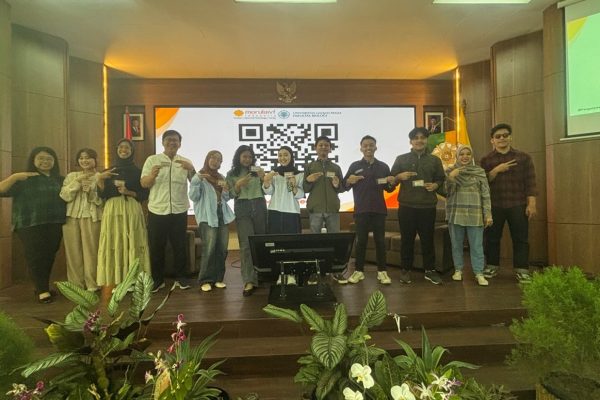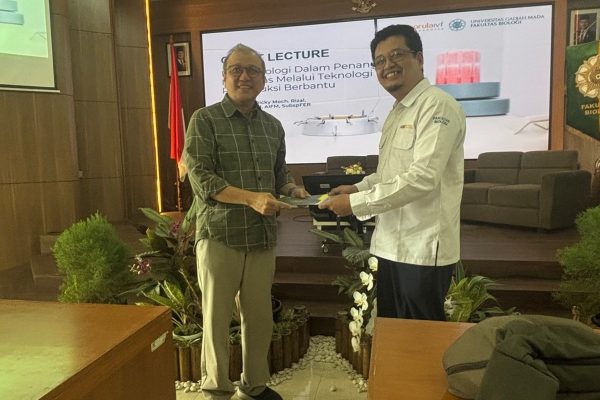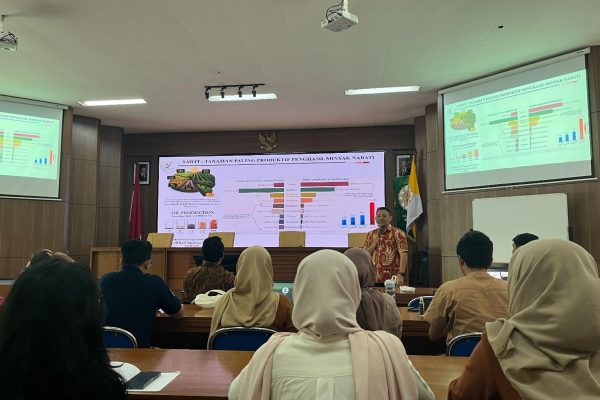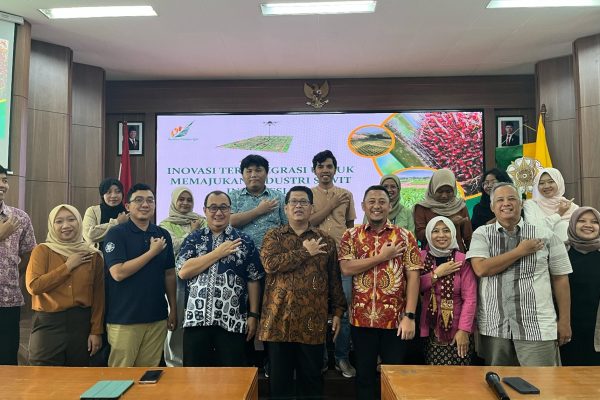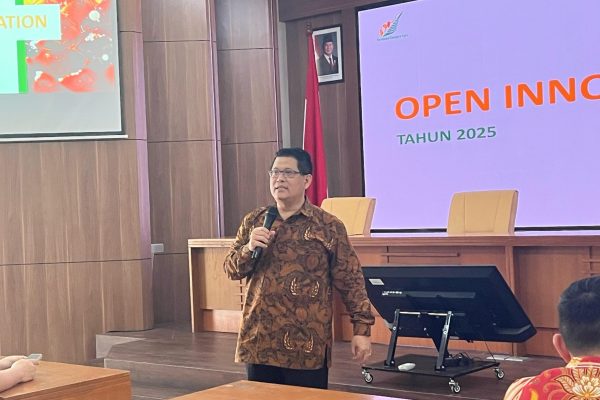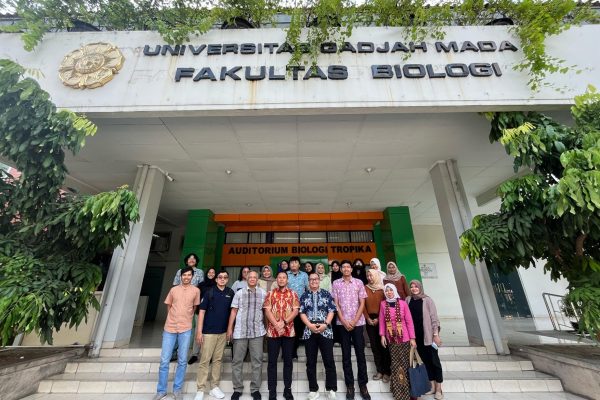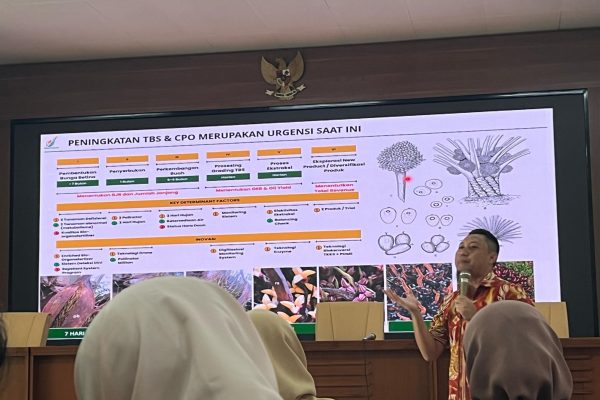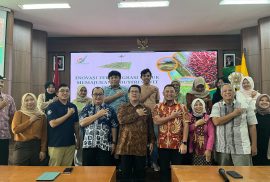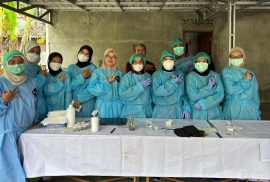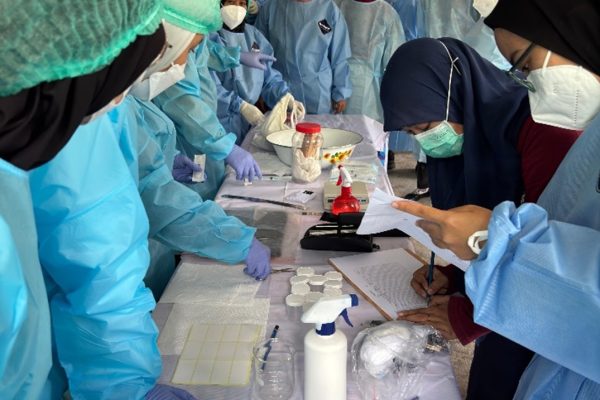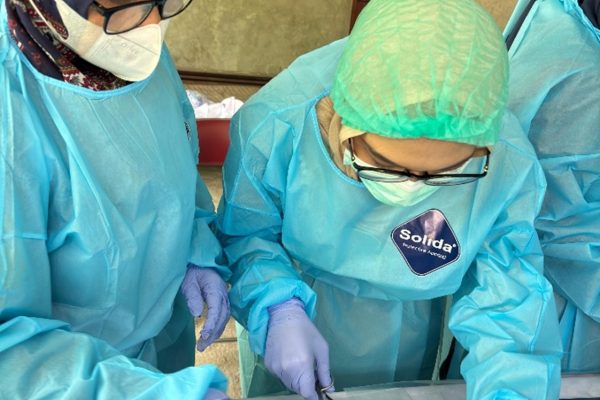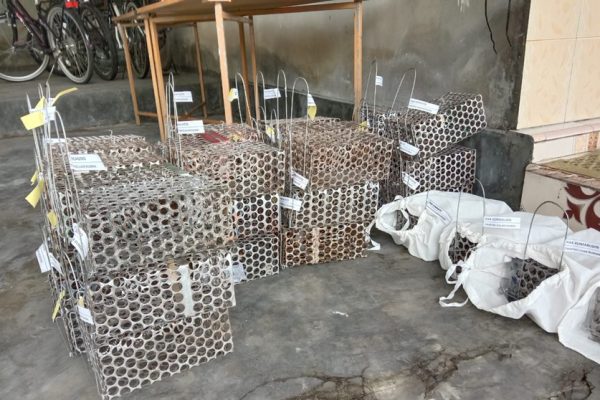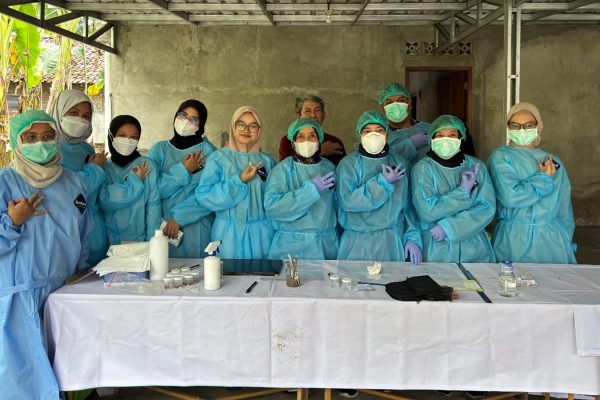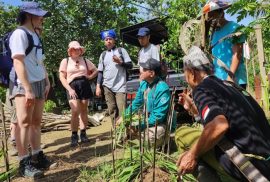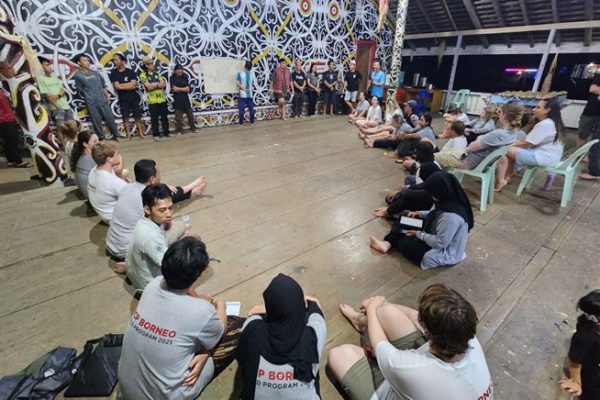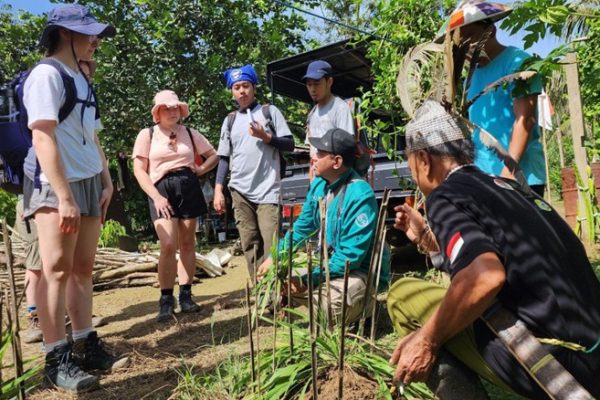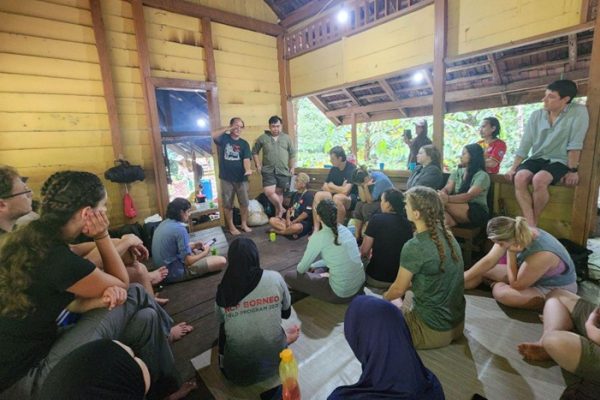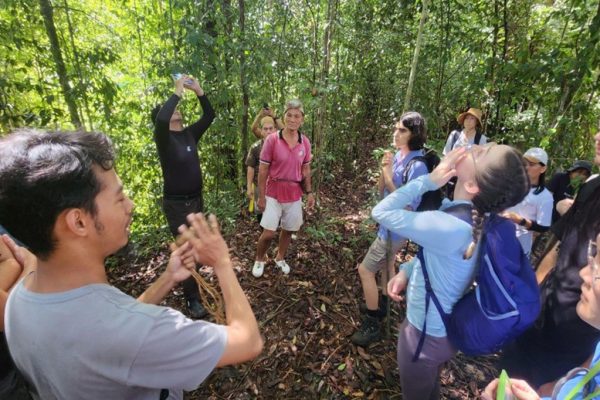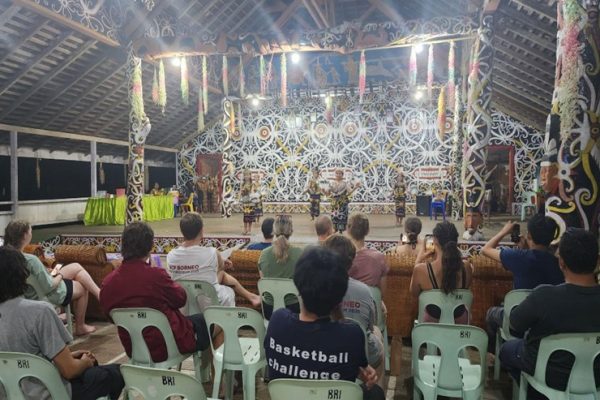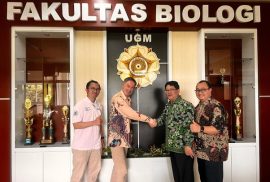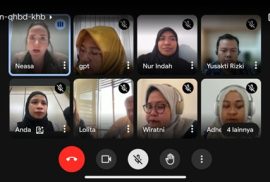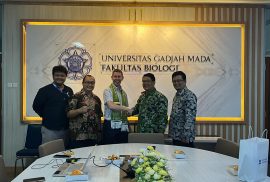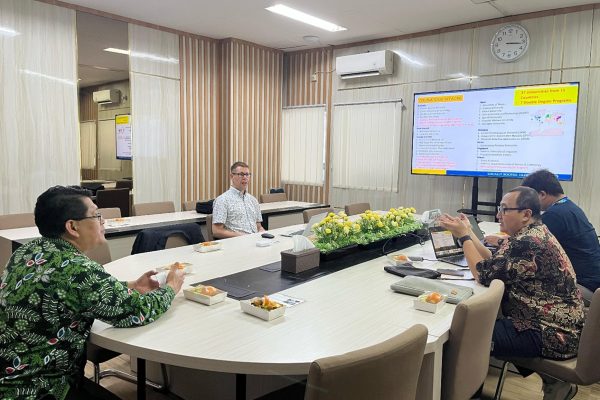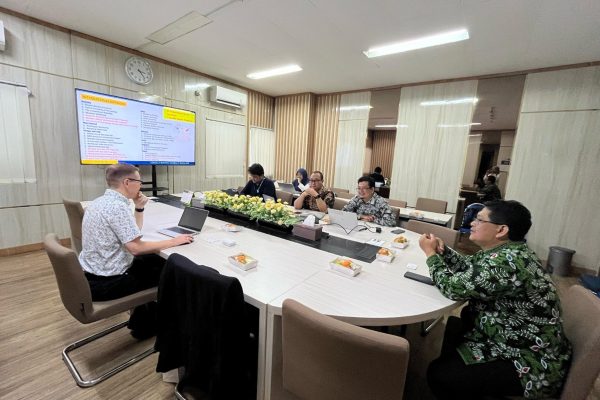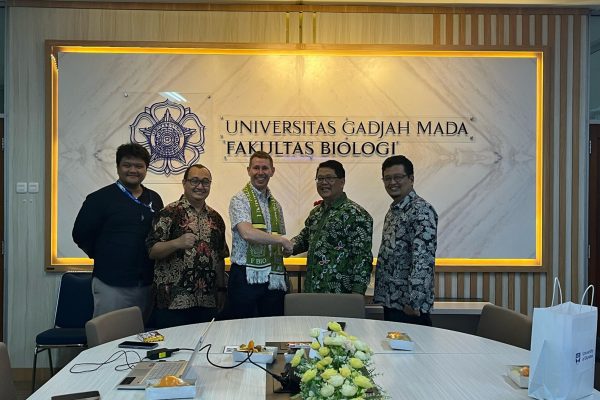SDG 9 : Increase Industry, Innovation, and Infrastructure
Yogyakarta, February 24, 2025 – The Faculty of Biology, Universitas Gadjah Mada (UGM), in collaboration with PT Morula IVF Indonesia, successfully held a Guest Lecture and Career Talk titled “The Role of Biology in Infertility Treatment through Assisted Reproductive Technology.” This event took place at the Auditorium of the Faculty of Biology UGM and was attended by lecturers, students, academics, and practitioners interested in reproductive biotechnology.
The event was officially opened by Dr. Eko Agu Suyono, M.App.Sc., Vice Dean for Research, Community Service, Cooperation, and Alumni Affairs, who emphasized that this event is part of the ongoing collaboration between the Faculty of Biology UGM and Morula IVF Indonesia. “We hope this event provides broad insights for students and academics on the role of biology in assisted reproductive technology while fostering stronger collaborations between academia and industry,” Dr. Eko stated in his speech. From Morula IVF Indonesia, Ms. Viola Mursally also delivered a speech highlighting the benefits of this event for students’ academic and career development. “Infertility is a global health issue that requires a multidisciplinary approach, including biology. We hope this event broadens students’ perspectives on various innovations in assisted reproductive technology and inspires them to pursue careers in this industry,” said Viola.
The keynote speaker, Prof. Dr. dr. Dicky Moch. Rizal, M.Kes, Sp.And, AIFM, SubspFER, an expert in andrology and reproductive technology, delivered an in-depth lecture on various aspects of infertility treatment. He discussed the advancements in in vitro fertilization (IVF) technology, challenges in male reproductive health, and the role of biology in developing innovative solutions to help couples conceive. The interactive discussion between participants and the speaker further enriched attendees’ understanding of Assisted Reproductive Technology (ART), as well as research and innovation opportunities in this field.
In addition to the guest lecture, the event featured a Career Talk session, showcasing Human Capital Morula IVF Indonesia and a Sharing Session by Wisnu Anindyojati, S.Si., a Faculty of Biology UGM alumnus who has been working at PT Morula IVF Indonesia for over four years. This session provided insights into career prospects for biology graduates in the reproductive technology industry, as well as the essential skills required to contribute to this field. This event aligns with several Sustainable Development Goals (SDGs), including: SDG 3 – Good Health and Well-being, by increasing access to reproductive health services and fertility technologies, SDG 4 – Quality Education, by disseminating knowledge and technology to students and academics, and SDG 9 – Industry, Innovation, and Infrastructure, through academic-industry collaboration in the development of biology-based medical technologies. Through this initiative, the Faculty of Biology UGM and Morula IVF Indonesia reaffirm their commitment to fostering an educational and research ecosystem that supports advancements in assisted reproductive technology. It is hoped that this collaboration will continue to grow and bring greater benefits to academia, industry, and society.
Among the critical challenges highlighted were the decline in production capacity due to pest outbreaks and inefficiencies in the processing of crude palm oil into refined products. To address these issues, BGA is offering researchers access to plantation land, thereby providing an opportunity to apply their research’s findings.
Dr. Rury Eprilurahman led herpetofauna identification sessions and delivered a herpetology sharing session on January 29. On January 30, local guides introduced participants to useful plant species during a trek through riparian and hilly zones. That evening, an ethnobotany discussion was held between ISC participants and the local community.
